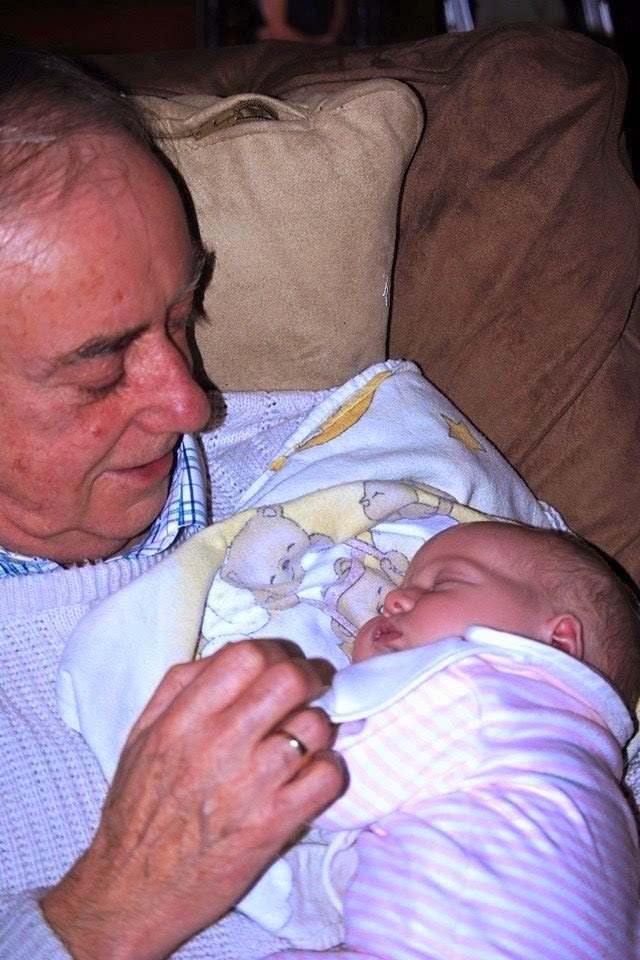Whenever I’m
nervous, frightened or upset, my stomach is the first place to feel it. My
appetite disappears and I find that I’m subconsciously clutching my abdomen.
It’s a pretty common reaction.
And how
often have you felt a “gut reaction”
that something was good or bad, or been told to “follow your gut”? It seems
we’ve always known intuitively that there is a connection between our stomach
and our brain. And now, scientists have begun to find physical evidence to back
our intuition.
We’ve known
for a long time that we all have bacteria in our stomach that helps us to
digest our food. But this microbiome, as they are collectively known, also appear to have a connection with
our mental health and personality.
And the
effect is not just one way:
The
scientists found that the brain has a direct effect on the microbiome, creating
and changing not only our gastrointestinal functions, but our immune reactions
as well.
At the same
time, those microbes in the stomach create substances , such as the neurotransmitter
serotonin, that have a direct effect on the brain functions. Up till
recently, it was thought that only the brain could produce neurotransmitters.
Now so far,
these experiments have all been carried out on mice. But they’ve also used microbes from humans, and I’ll have more on that
in a moment.
First, let
me tell fill you in on some of the background experiments:
Because the
microbiome in our gut is produced from exposure to lots of microbes in the
environment, the scientists raised some mice in completely sterile conditions. They
then took some of the microbes from a shy and anxious mouse, and introduced
them into the gut of the sterile-raised mice. The sterile-raised mouse became
shy and anxious.
They tried
several variations of the same experiment, and each time, the mouse receiving
the microbes took on the behavioral characteristics of the donor mouse.
Then it got even more interesting:
The
scientists took some of the microbes from a human who suffered from anxiety and
depression, and exposed them to the sterile-raised mice. The result was the mice quickly began to show
symptoms of depression and anxiety.
One
implication of this is that they can change the nature of the microbiome in
order to change the behaviour of our brain.
So the scientists began to experiment with this
on mice that were suffering from intestinal leaks, and also were showing
repetitive behavior and were shy and uncommunicative with their fellow mice.
They treated
these mice with anti-inflammatory bacteria (Bacteroides
fragilis) and the results were amazing. Not only did the leaky gut problem
resolve, but there was also a marked reduction in the repetitive behaviour and
the mice began to spontaneously interact more with the other mice
So, although
research is at an early stage, scientists seem to be making speedy progress.
This is good news for anyone suffering from gastrointestinal disorders and/or behavioral or mental health issues.
And it also
verifies our own human intuition. Clutching my abdomen whenever I’m upset,
albeit subconsciously, has a sound scientific basis.
(This blog was first published in Jan 2016 at https://goo.gl/uafCip)












